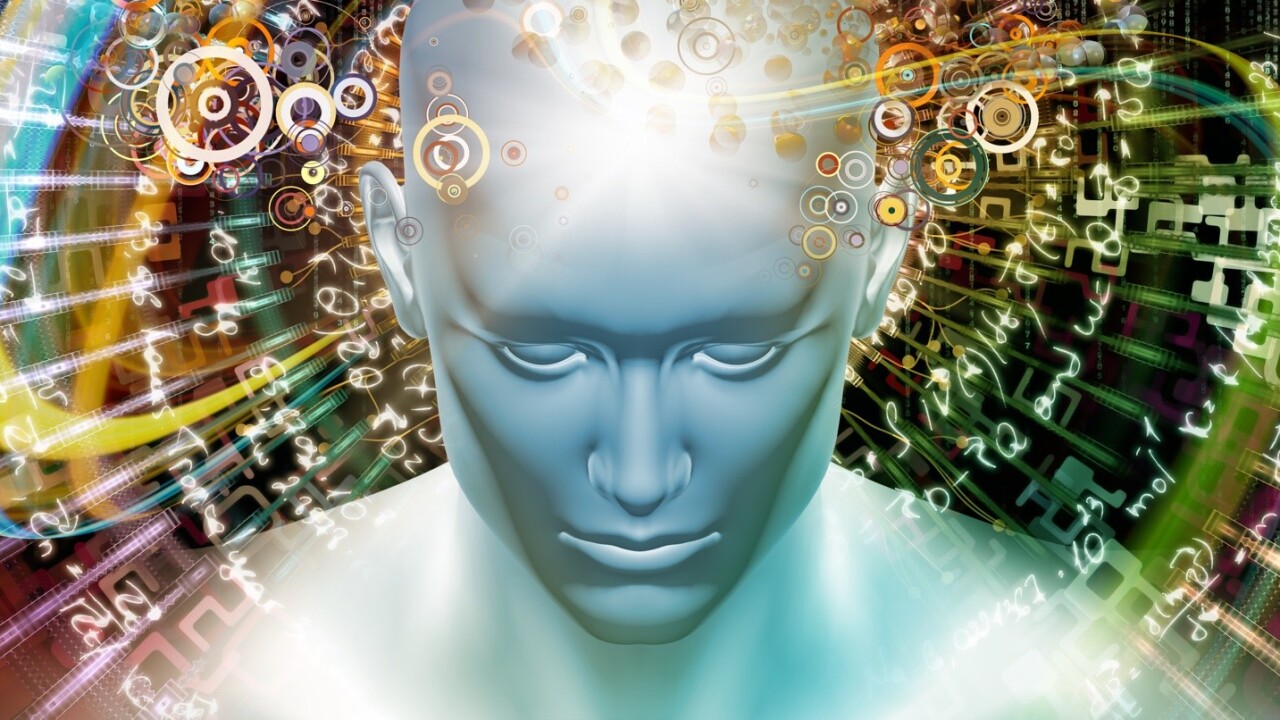The creators of Unity, the most popular game engine in the world, recently launched a set of machine-learning tools that lay the groundwork for actual AI (not scripted computer opponents) in video games.
Typically these kits include rendering aids and simple tools for training neural networks, but the beta release sent to developers promises to revolutionize video games, and provides machine-learning researchers with a perfect environment for training robot brains.
The applications for the new agents go beyond just creating better first-person-shooters and role-playing games. Unity aims to take a weeks-long development cycle and trim that down to a couple of hours.
Aside from making life easier on devs, and cooler for gamers, the beta provides a bevy of tools for researchers as well.
Instead of letting driverless cars, factory robots, or other autonomous machines loose on our streets and in our buildings, the tools are there for AI devs to use environments created in Unity to train AI. This gives them the ability to create training grounds that take advantage of Unity’s already amazing physics.
Unity VP of machine-learning Danny Lange pictures a future for gamers where all of these things come together to make beautiful games that engage us and learn from us. Speaking to TNW he said:
On one hand AI and developments in machine-learning allow Unity developers to make beautiful games, but you flip that around and Unity is really an awesome lab to create environments for training AI as well.
It’s great that developers can create magical worlds with greater ease, and I’m very excited that AI programmers will be able to teach robots to slay dragons and shoot zombies in preparation for deployment in the real world. But I’m far more thrilled at the prospect of having non-player characters (NPCs) and CPU opponents with an actual AI brain.
Unity provides developers with the tools to create machine-learning agents capable of learning and interacting with each other in a virtual world, which makes it possible to create games inhabited by AI that actually learns, instead of forcing developers into painstakingly scripting behavior by hand.
Video game developers have been using the term “artificial intelligence” (AI) since the 1950s to describe a computer opponent designed to challenge humans. This use of the term has no relation to machine-learning; the AI in a video game doesn’t learn anything, it simply executes algorithms.
It looks like game publishers will have to stop advertising things like “advanced AI” unless there’s actual machine-learning taking place.
TNW is hosting a flagship event in New York City in December. It’s going to be ? Click here for more info on the amazing speakers, the venue, and how to request an exclusive invite.
Get the TNW newsletter
Get the most important tech news in your inbox each week.





